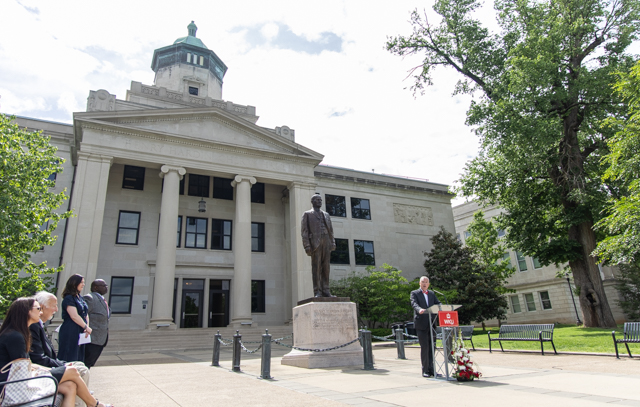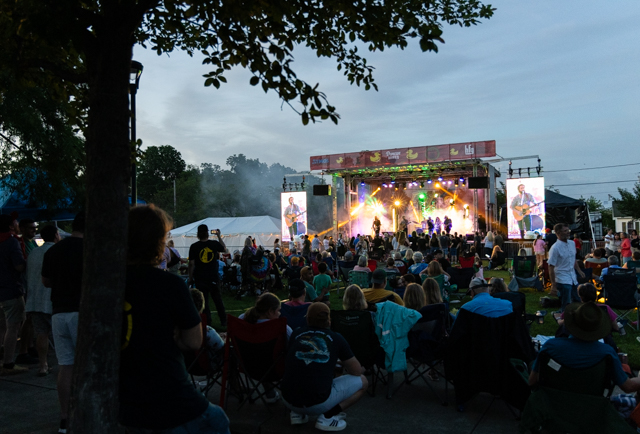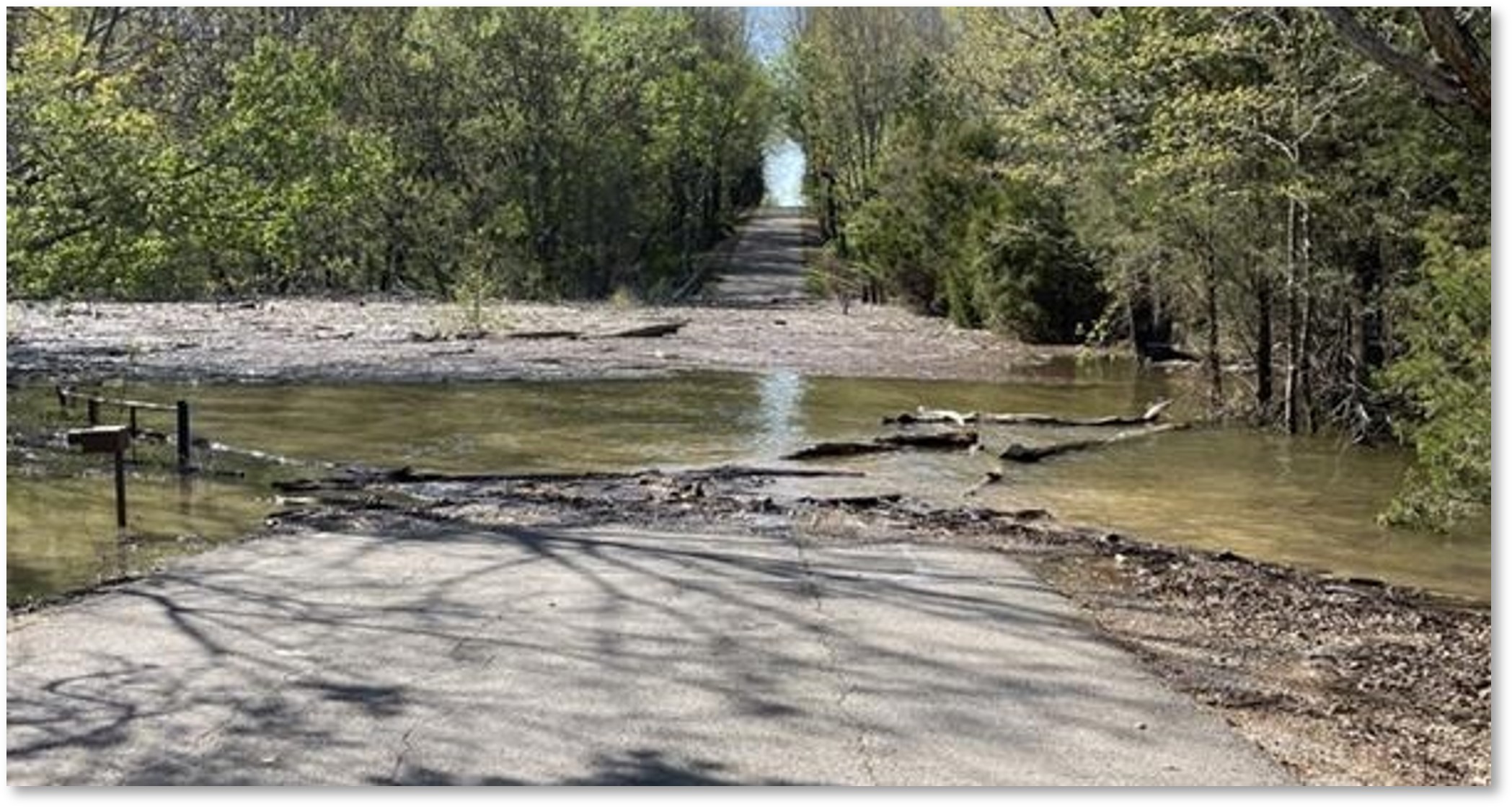Conservation club hopes to help quail thrive
Published 12:00 am Saturday, February 17, 2007
About a dozen Morgantown residents have formed a conservation club to curb the decline in Warren and Butler counties’ quail population.
Among chief concerns: The small, plump birds’ habitat is being choked by thick fescue grass favored by farmers, particularly in Warren and Butler counties, which the southcentral Quail Forever chapter is set to serve.
There was no one from Warren County at the first meeting a couple weeks ago, but the group anticipates several Warren sportsmen to join in time, as many have been contacted about the group’s formation, according to Dale Franklin, a club member who also serves as second district wildlife commissioner for Kentucky’s Department of Fish and Wildlife. His multi-county district includes Warren and Butler.
“We’re pretty much just a bunch of hunters together working to get some quail back in the area,” said club president Rich Ellis, 27, a Morgantown barber and long-time quail hunter. He said the club wants to alert area farmers that the state is willing to pay them to set aside land for wildlife and to plant wildlife-friendly grasses.
“The bird’s populations have really fallen around here, but we’re just trying to get some habitat work started, and we feel like we can make a difference,” Ellis said.
The Morgantown chapter joins six other state Quail Forever clubs – Mount Washington, Bardstown, Lexington, Louisville, Mount Sterling and Richmond – that are part of an initiative launched in 2005 by Pheasants Forever, a St. Paul, Minn.-based conservation organization with 80 chapters in 23 states that’s been around more than two decades, according to spokesman Anthony Hauck.
Many problems facing quail – fescue, urban sprawl and intensified farming and forestry practices – are problems the pheasant clubs have successfully combated, he said.
“That model has worked incredibly well for improving pheasant populations,” Hauck said.
Quail populations have been decimated in the last quarter century, as much as 60 to 90 percent in some regions, due to dwindling suitable habitats. For instance, Alabama hunters harvested about 2.7 million quail annually in the 1960s; now, only 100,000 to 300,000 are harvested a season there, he said.
In Kentucky, the Morgantown chapter is “smack dab in the middle of heavy pasture area,” Hauck said, citing tall fescue grass as a prime culprit for the state’s quail shortage.
Brian Grossman, regional biologist for Quails Forever, said Kentucky has 5.5 million acres of fescue grass. It’s prevalent in southcentral Kentucky because of bountiful cattle farms, whereas crops dominate western Kentucky landscapes.
Thus, “eradicating fescue will be a big focus” for Morgantown’s chapter, said Grossman, who lives in Mount Washington.
Cattle farmers like fescue because it cuts erosion and grows back fast after cows chew it to the ground. However, “it grows in a real thick, dense mat” that’s hard for quail to traverse, he said.
The loss of small family farms also hurts quail, pheasants and other wildlife because bigger operations tend to farm more efficiently, he said.
“They’ve cleared out a lot of the old, brushy fence rows. They’re farming every inch of ground that they can get,” Grossman said.
Often farmers simply need to be told of state and federal funds aimed at preserving wildlife, as the programs aren’t widely known, he said.
Grossman said some Quail Forever chapters provide farmers with seeds for wildlife-friendly grass; others have been known to raise money to buy equipment to plant the grass on a farmers’ land for them. Another component is youth outreach, such as designated youth field days to educate children about hunting and conservation practices.
All money raised at Quail Forever chapter fundraisers stays within the local communities, he said.
“This is a very grassroots organization,” Grossman said, inviting anyone interested to attend.
The club’s second meeting is set for 6:30 p.m. March 26 at the Butler County Extension Office.
– For more information about southcentral Kentucky’s Quail Forever chapter, e-mail mtownbarber@hotmail.com or visit www.quailforever.org






